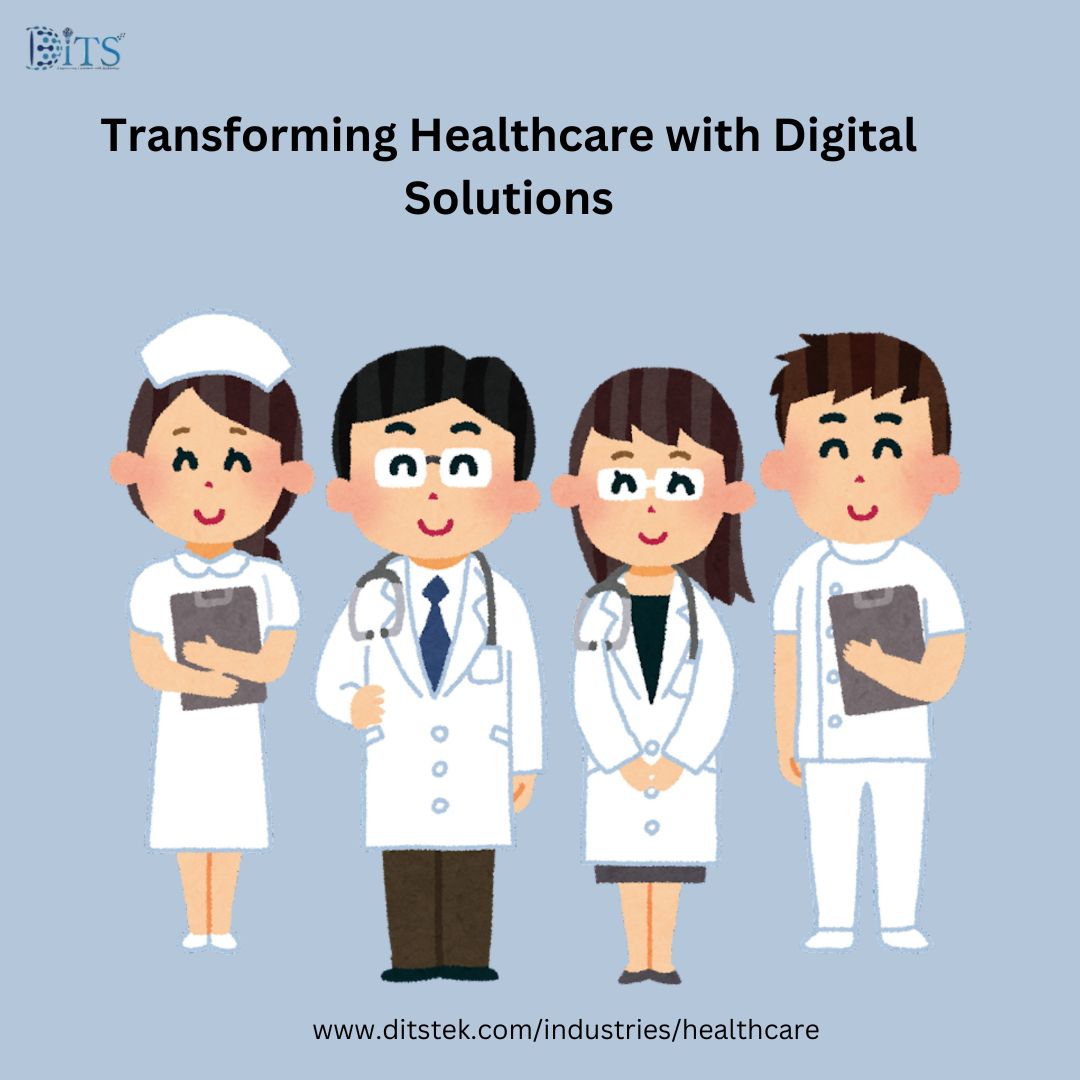
Healthcare is undergoing a revolutionary transformation. With the rapid advancement of technology, traditional medical practices are making way for digital solutions that enhance efficiency, accessibility, and patient outcomes. But what exactly are these digital innovations, and how are they reshaping healthcare? Let’s explore.
The Rise of Digital Healthcare
Digital healthcare solutions are more than just apps or electronic medical records. They encompass a wide range of technologies designed to simplify complex healthcare challenges. Think wearable devices that monitor vital signs, telemedicine platforms that connect patients with doctors remotely, or AI-powered diagnostic tools that catch illnesses early.
These innovations are bridging gaps between healthcare providers and patients, making services more accessible, cost-effective, and tailored to individual needs.
Key Digital Solutions Transforming Healthcare
1. Telemedicine
Gone are the days when seeing a doctor meant long waits. Telemedicine allows patients to consult with healthcare professionals from the comfort of their homes. Whether it’s routine check-ups or specialist consultations, telemedicine is breaking down geographical barriers.
Why it matters:
- Reduces travel time and costs.
- Increases access to care, especially in remote areas.
- Enables real-time communication and quicker decision-making.
2. Artificial Intelligence (AI) in Diagnostics
AI has become a game-changer in medical diagnostics. Algorithms analyse vast amounts of data, identifying patterns that might elude the human eye. For instance, AI can detect early signs of cancer through imaging, significantly improving survival rates.
Why it matters:
- Speeds up the diagnostic process.
- Enhances accuracy, reducing misdiagnosis.
- Supports personalised treatment plans.
3. Wearable Health Technology
Smartwatches and fitness trackers are no longer just trendy gadgets. These devices monitor heart rate, sleep patterns, and physical activity. Some even alert users to potential health risks, prompting timely medical intervention.
Why it matters:
- Empowers patients to take charge of their health.
- Provides continuous health monitoring.
- Facilitates data collection for better medical insights.
4. Blockchain for Secure Data Management
With healthcare data breaches on the rise, blockchain technology offers a secure way to store and share medical records. It ensures that sensitive information remains confidential and accessible only to authorised parties.
Why it matters:
- Strengthens data security.
- Simplifies the process of sharing patient information across providers.
- Enhances trust in digital healthcare systems.
5. Robotics in Surgery
Robotic-assisted surgeries are redefining precision and efficiency. These systems allow surgeons to perform complex procedures with minimal invasion, leading to quicker recovery times and fewer complications.
Why it matters:
- Increases surgical accuracy.
- Reduces post-operative recovery periods.
- Expands access to advanced surgical techniques.
The Challenges Ahead
While digital solutions have immense potential, they also come with challenges:
- High implementation costs: Not all healthcare providers can afford cutting-edge technologies.
- Learning curves: Both patients and practitioners need training to use new tools effectively.
- Regulatory hurdles: Ensuring that technologies comply with healthcare laws is crucial.
Addressing these challenges requires a collaborative effort between governments, technology developers, and healthcare providers.
The Future of Digital Healthcare
Imagine a future where AI predicts outbreaks, wearable devices prevent hospitalisations, and patients receive treatment tailored to their genetic profiles. This is not a far-fetched dream but a tangible goal enabled by digital healthcare solutions.
As these technologies evolve, they will not only improve health outcomes but also reshape how we think about healthcare delivery.
Conclusion
The journey towards a digitally-driven healthcare system is already underway, with countless innovations transforming how care is delivered and accessed. Embracing these technologies can make healthcare more inclusive, efficient, and patient-centric.
If you’re looking to lead the charge in this digital revolution, partnering with a healthcare solution development company can be your first step towards implementing cutting-edge solutions that drive meaningful change.
Digital healthcare is no longer just the future; it’s the present. Ready to be part of it? Let’s transform healthcare, one solution at a time.





Leave a Reply